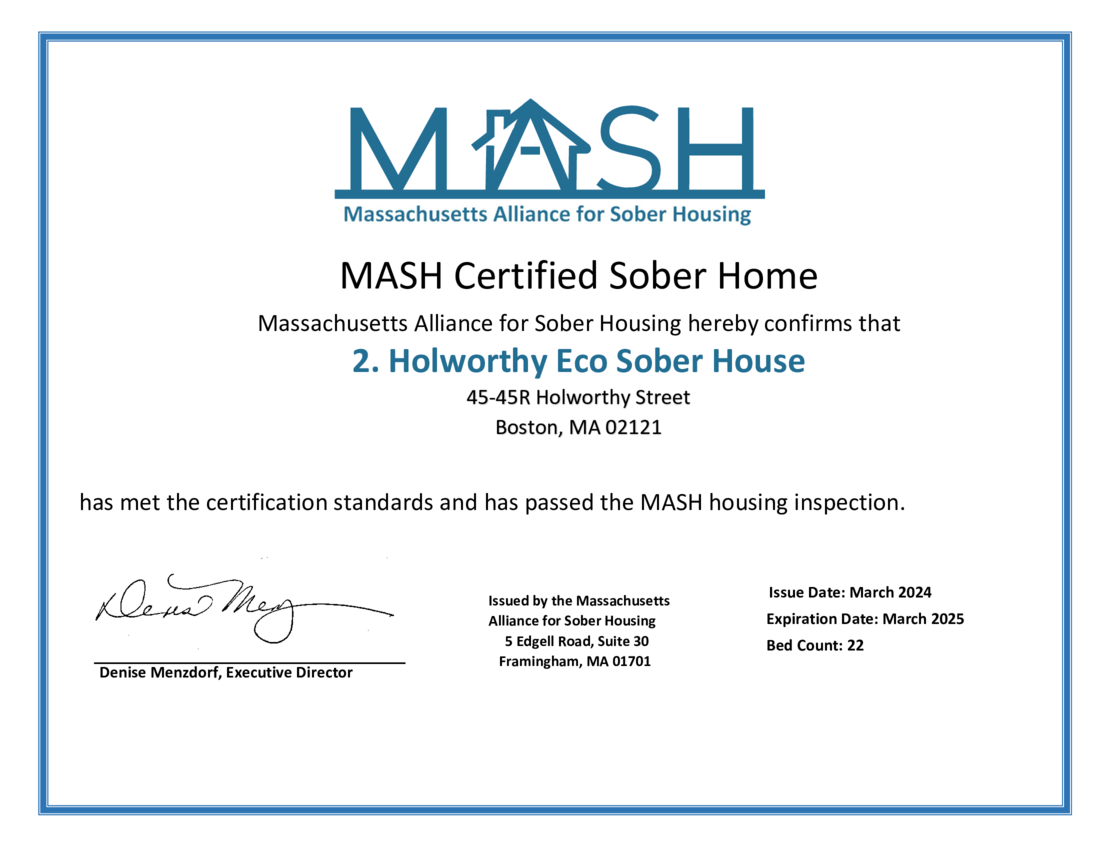
You don’t have to go through this alone—seeking help from healthcare providers, as well as support groups, can help you as you learn how to manage your alcohol use and how to cope with the effects of alcoholic dementia. Some people may develop behavioral symptoms or problems with memory and decision-making before experiencing motor effects of alcoholic dementia, but the pattern of symptoms doesn’t necessarily follow a particular sequence. Drinking alcohol in moderation has not been considered a cause of health problems or dementia. However, recent studies suggest that even moderate alcohol use can increase the likelihood of dementia. The brains of participants who were drinking three units of alcohol a day over the previous month had reductions in both white and gray matter, making their brains appear three and a half years older.
Cross-Sectional Studies
Like randomized control trials, MR analysesreduce confounding and reverse causality due to the random allocation of genotypesfrom parents to offspring. As such the results from this study provide further support for thecautious interpretation of the proposed cognitive health benefits of alcohol [10], and further highlights that futureobservational studies need to account for potential confounding factors. They added that those who could most benefit from upping their intake of flavonoids were those with elevated genetic risks of dementia, as well as link between alcohol and dementia those with high blood pressure and depression. While they caution that the study doesn’t prove drinking half a glass of red wine a day will shield you from cognitive decline, they say that a focus on a more flavonoid-rich diet could certainly help with healthy brain aging. White matter integrity is crucial for cognitive function, as it allows different parts of the brain to communicate efficiently. Think of it as the brain’s information superhighway – when it’s in good condition, information travels quickly and accurately between brain regions.

Amazon reveals October Prime Day 2024 dates: Score major savings during Prime Big Deal Days

All statistical analyses were conducted using R version 3.5.2 [29], with the MR analysis performed usingthe ‘TwoSampleMR’ package [19]. Research has shown there’s a link between light pollution and Parkinsons’s disease as well. For perspective, the brightness of the night sky has risen by almost 10% per year over the last 12 years. Of course, flavonoids are also found in leafy green vegetables, soybeans, oranges and many more plant products, many of which – including their amounts – can be found in the tables within this study from the US Department of Agriculture (USDA). Recently there has been a revival in the debate of red wine and its health benefits versus its negative aspects – it is, after all, alcohol, which has clear detrimental impacts on health. However, if you choose to imbibe, there are worse options than a tipple high in flavonoids.
Public Health
All of the information gathered during the diagnostic process will also help them rule out other types of dementia, including Alzheimer’s disease or vascular dementia. But these effects can be slowed — and sometimes reversed — if you stop drinking. The two terms “alcoholism” and “aging” retrieved about 1,350 papers; adding phrases (for example, “postmortem” or “magnetic resonance”) limited the number to fewer than 100 papers. As pertinent postmortem pathology papers were published in the 1950s and recent animal models of Alzheimer’s disease were created in the early 2000s, articles referenced span the years 1957 to 2024.
Associated Data
Observational studies have suggested that light-moderate alcoholconsumption decreases the risk of Alzheimer’s disease, but it isunclear if this association is causal. Interestingly, in those under 65, the study revealed that greater exposure to nighttime light pollution was linked to a higher prevalence of Alzheimer’s than all the risk factors analysed. Consuming foods and drinks particularly high in flavonoids – such as berries, tea, dark chocolate and, yes, red wine – could potentially safeguard your brain in older age, with researchers linking these plant-based antioxidants with lowering the risk of developing dementia. Every day without cigarettes is a step towards ahealthier brain and lowers the risk of dementia. 1) Keep systolic blood pressure at or below 130 mm Hg starting at age 40Interestingly, antihypertensive treatment for hypertension is currently the solerecognized effective preventive medication for dementia.
This excessive consumption puts a person at risk of various brain diseases, including AD, stroke, and heart disease. A 2016 study found that heavy drinking, equating to eight or more drinks per week, and drinking liquor increased cognitive decline among people with AD. A 2019 review found a significant association between reducing a person’s alcohol consumption with a lower risk of cognitive impairments and dementia. The projected worldwide prevalence of dementia is expected to reach 74.7million in 2030 [1]. This will have majorimplications for national health and social services, with the cost of caring forindividuals living with dementia expected to rise from USD $818 billion in 2015 toUSD $2 trillion in 2030 [1].
- The treatment effect was quantified as the risk difference (RD) with 95% confidence interval (CI) for risk of all-cause dementia between exposed and unexposed groups in each SBDH.
- First, as with any observational study, we cannot rule out residual confounding despite implementing advanced statistical techniques and adjusting for a list of covariates.
- The results were derived from the subjects referred by clinicians, patients, or family members, active recruitment, or volunteering, limiting the generalizability of our findings to the general population.
- They also asked questions to estimate how regularly each participant was involved in social interactions.
- “Alcoholic dementia” is an older term commonly used to describe the medical condition now known as alcohol-related dementia or alcohol-induced major neurocognitive disorder.
Lifestyle Choices that Increase Risk of Dementia
To investigate the relationship between alcohol consumption and the incidence of dementia. Of the 350 results from the original search, a total of 28 systematic reviews, most of which were published after 2010 [11, 20, 22,23,24,25,26,27,28,29,30,31,32,33,34,35,36,37,38,39,40,41,42,43,44,45,46,47], https://ecosoberhouse.com/ met all inclusion criteria. Of the 350 results from the original search, a total of 28 systematic reviews, most of which were published after 2010 [11, 20, 22–47], met all inclusion criteria.
Lizzie shares her experience as a young carer after her dad, Rob, was diagnosed with frontotemporal dementia at age 58. Our free, confidential Dementia Helpline is staffed by our dementia specialist Admiral Nurses who provide information, advice and support with any aspect of dementia. If the person with dementia seems to be consuming alcohol excessively, some of the tips above might help. You may want to avoid having alcohol in the home and provide low- or zero-alcohol alternatives instead.

This gene variant has associations with an increased risk of developing Alzheimer’s. Most prospective cohort studies have follow-up periods of two to three years (see Table 2). Due to the adverse effects on other organ systems22 and higher mortality of alcohol-consuming individuals, these subjects may decease in-between intervals (attrition bias). It has been shown that patients with Alzheimer’s disease-consuming alcohol decease more rapidly than abstinent AD patients.59 This attrition effect could lead to an underestimation of AD cases in the group of drinkers especially in prospective cohort studies with long intervals between data acquisition. Direct intoxication impairs most cognitive skills and in excess may lead to stupor and respiratory depression. Acute withdrawal in long-term alcohol abusers can result in tremor, hallucinations, seizures, agitation, and fluctuating levels of alertness [14].
- However, the permanence of such changes, and whether they relate to neurotoxicity in isolation, remains to be established [1].
- This research contributes to the growing body of evidence showing a link between light pollution and Alzheimer’s disease.
- Importance The impact of serial changes in alcohol consumption on dementia risk has rarely been investigated to date.
- All analyses were performed using SAS version 9.4 (SAS Institute Inc), and Python version 3.7 (Python Software Foundation).
Interactive map reveals worst NHS maternity units as report deems HALF ‘unsafe’
Using a daily average in this way misses the nuances of alcohol quantity and frequency. Alcoholic dementia encompasses several different alcohol-induced neurological conditions that can affect thinking skills. Memory and decision-making are also severely affected, which means that people living with this condition need help from trusted family or friends to manage home, finances, transportation, and more.


